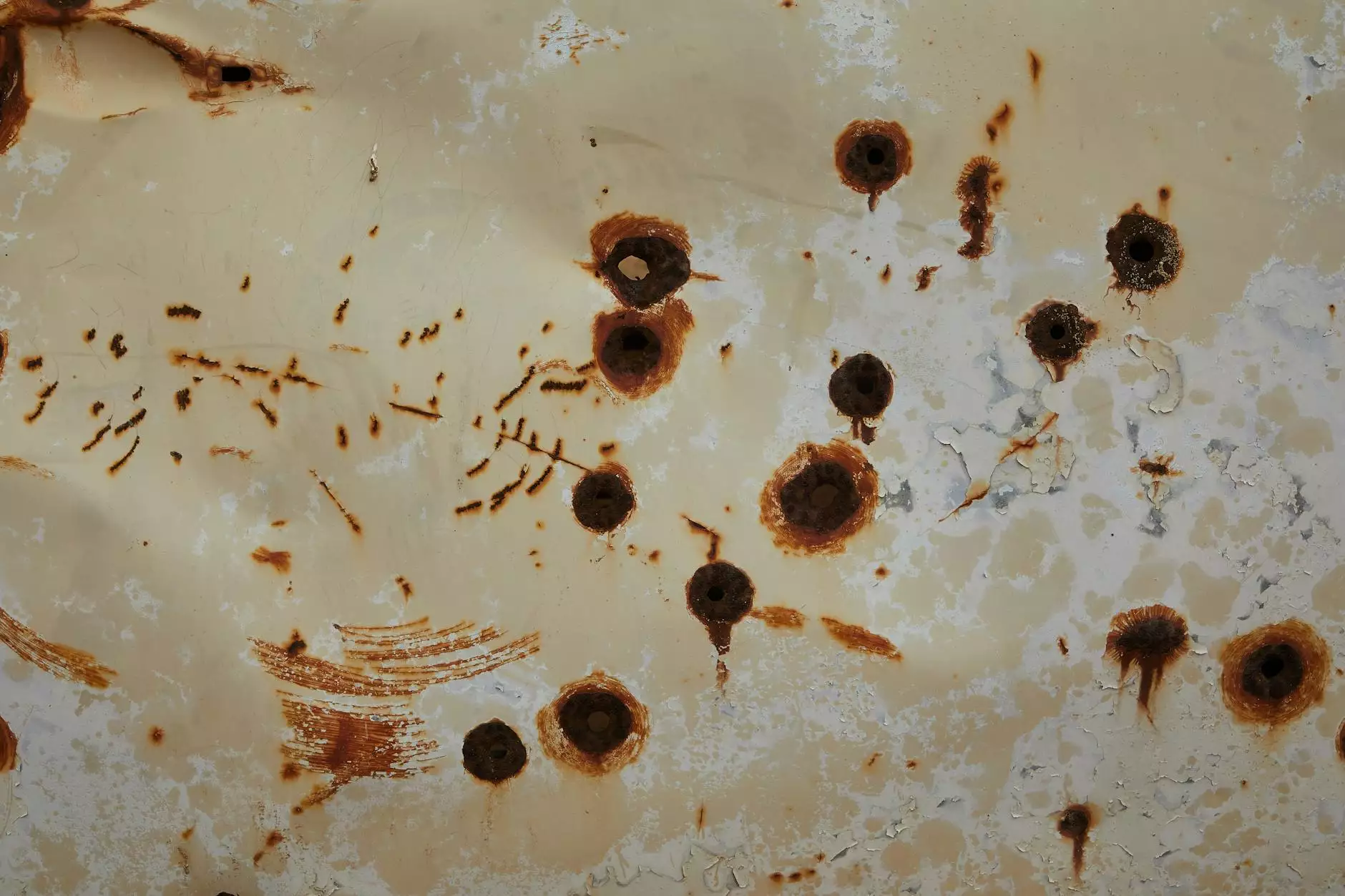The Importance of a Paediatric Foot Specialist

The feet are the foundation of the body, providing support and mobility. For children, whose feet are still developing, proper foot care is essential. This is where a paediatric foot specialist plays a pivotal role. These specialists are dedicated to the unique needs of children's foot health, recognizing that their requirements differ significantly from those of adults. In this article, we will delve deeply into the significance of engaging a paediatric foot specialist, the common conditions they manage, and the best practices for children’s foot care.
What is a Paediatric Foot Specialist?
A paediatric foot specialist is a medical professional who focuses on diagnosing, treating, and managing conditions related to children's feet. They are trained to handle all types of foot issues that can arise during childhood, from congenital deformities to injuries and developmental disorders. Their expertise encompasses:
- Assessment of foot development throughout different growth stages.
- Diagnosis of foot-related ailments, including flat feet and high arches.
- Management of conditions such as in-toeing or out-toeing.
- Recommendation of proper footwear tailored to individual needs.
- Guidance on foot hygiene and care practices.
Common Conditions Treated by Paediatric Foot Specialists
Children can experience a variety of foot problems, some of which can significantly impact their mobility and quality of life. Here are some common conditions that a paediatric foot specialist may treat:
1. Flat Feet (Pes Planus)
This condition occurs when the arch of the foot does not develop properly, leading to a flat appearance. While many children are born with flat feet, most will develop arches as they grow. However, if flat feet persist, it can lead to discomfort and pain. A foot specialist can recommend exercises, orthotics, or appropriate footwear to alleviate symptoms.
2. High Arches (Pes Cavus)
In contrast to flat feet, high arches can cause instability and increase the risk of sprains and fractures. Children with high arches may require custom insoles or physical therapy to improve stability and strength.
3. In-Toeing and Out-Toeing
In-toeing (pigeon toe) and out-toeing can affect a child’s gait and lead to future issues if left unaddressed. A paediatric foot specialist will carefully evaluate the child's walking pattern and determine the best course of action, which may include corrective exercises or physical therapy.
4. Sever's Disease (Calcaneal Apophysitis)
This common condition is an inflammation of the growth plate in the heel, typically seen in active children. It often resolves with rest, ice, and the right footwear. A specialist can provide a comprehensive treatment plan to help alleviate pain and promote recovery.
5. Ingrown Toenails
Ingrown toenails can be particularly painful and may require medical intervention to prevent infection. A foot specialist can perform procedures to resolve the issue and provide advice on proper nail care to prevent recurrence.
Why Regular Visits to a Paediatric Foot Specialist are Essential
Early intervention is critical when it comes to children's foot health. Regular check-ups with a paediatric foot specialist can help identify potential issues before they become more serious problems. Some key reasons for ongoing visits include:
- Monitoring Development: Children grow rapidly; regular evaluations help monitor foot growth and development.
- Preventive Care: Detecting issues early prevents complications that may arise if conditions are left untreated.
- Custom Treatment Plans: Each child is unique; specialists tailor treatment plans to meet individual needs.
- Education for Parents: Educating parents on proper footwear, hygiene, and physical activity can significantly impact foot health.
Best Practices for Children's Foot Care
As parents, understanding best practices for children’s foot care is essential. Here are some vital tips to ensure your child’s feet remain healthy:
1. Choose the Right Footwear
Proper footwear can make a significant difference in a child's foot health. When selecting shoes for your child, consider the following:
- Ensure a good fit: Shoes should have enough room for toes to wiggle and should not pinch.
- Opt for supportive soles: Look for shoes with cushioning and arch support.
- Avoid hand-me-downs: Children’s feet grow rapidly, and shoes that are too small can cause harm.
2. Promote Regular Physical Activity
Encouraging children to engage in regular physical activity is vital for promoting strong and healthy feet. Activities such as running, jumping, and playing sports strengthen the muscles in their feet and legs and aid proper development.
3. Maintain Good Hygiene
Teach children about the importance of foot hygiene, including:
- Daily washing of feet, especially between the toes.
- Keeping toenails trimmed straight across to prevent ingrown toenails.
- Wearing clean socks daily.
4. Be Mindful of Foot Pain
Any complaints of foot pain from your child should be taken seriously. Early consultation with a paediatric foot specialist can help prevent chronic issues. Pain that persists or worsens warrants immediate professional assessment.
The Role of Family in Supporting Foot Health
Family plays an indispensable role in a child’s foot health. Here are ways to support children in maintaining healthy feet:
- Lead by Example: Show children the importance of foot care through your own habits.
- Encourage Open Communication: Create an environment where children feel comfortable discussing any foot discomfort.
- Engage with Specialists: Involve family in appointments with paediatric foot specialists to understand treatment options and care practices.
Conclusion
In summary, a paediatric foot specialist is a vital partner in ensuring your child's foot health. By understanding the common foot conditions, the importance of regular check-ups, and implementing best practices for foot care, parents can significantly influence their children’s long-term well-being. A proactive approach to children’s foot health will pay dividends, enabling them to explore, run, and play without the limitations of foot-related issues.
Remember, healthy feet mean healthy children. Don't hesitate to reach out to a paediatric foot specialist for an assessment, and take the first step towards securing a healthier future for your little ones.



